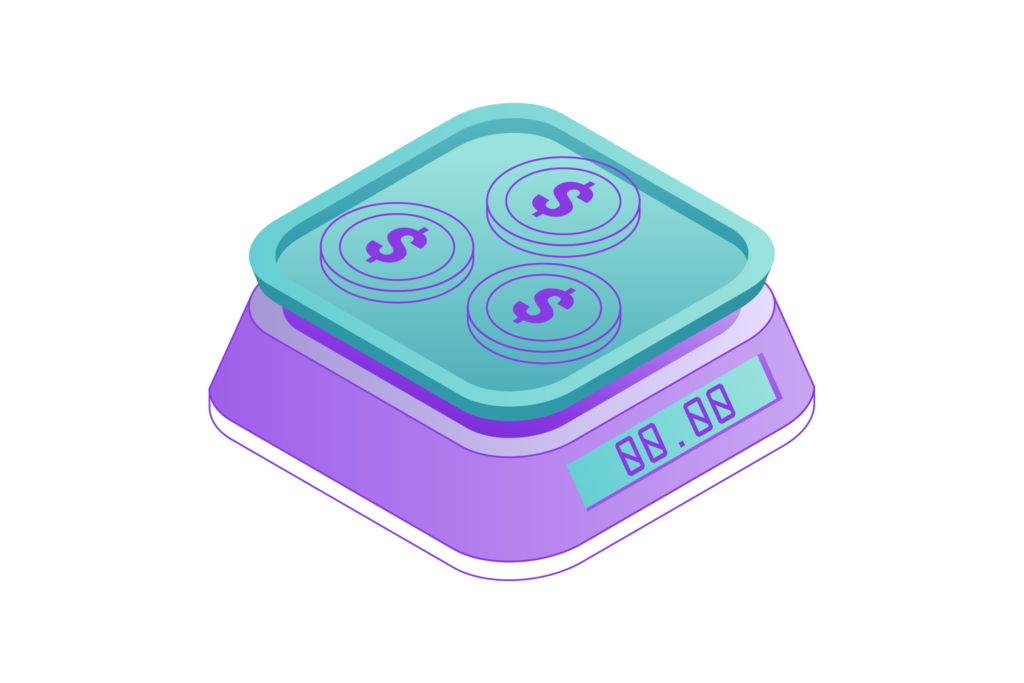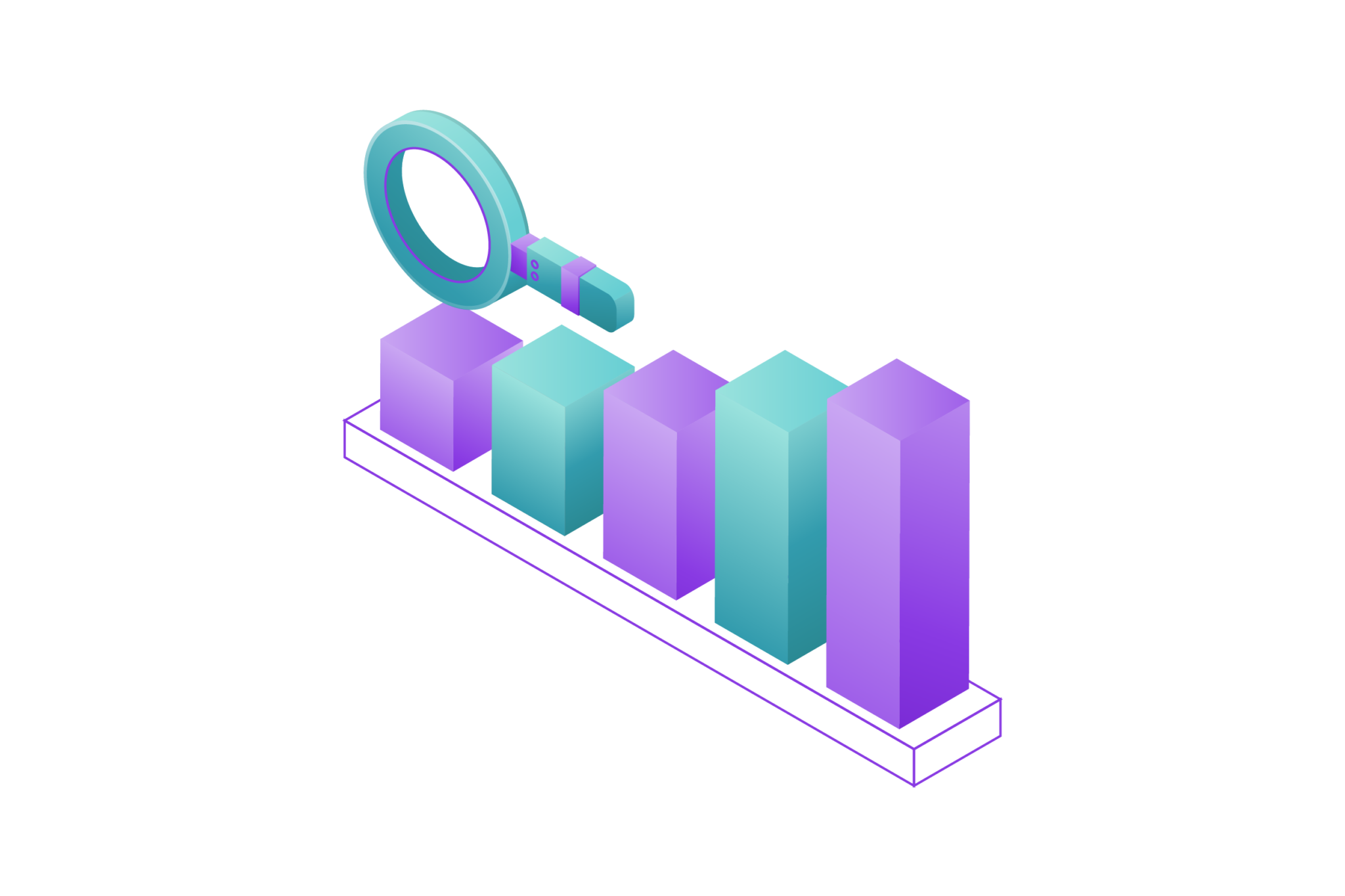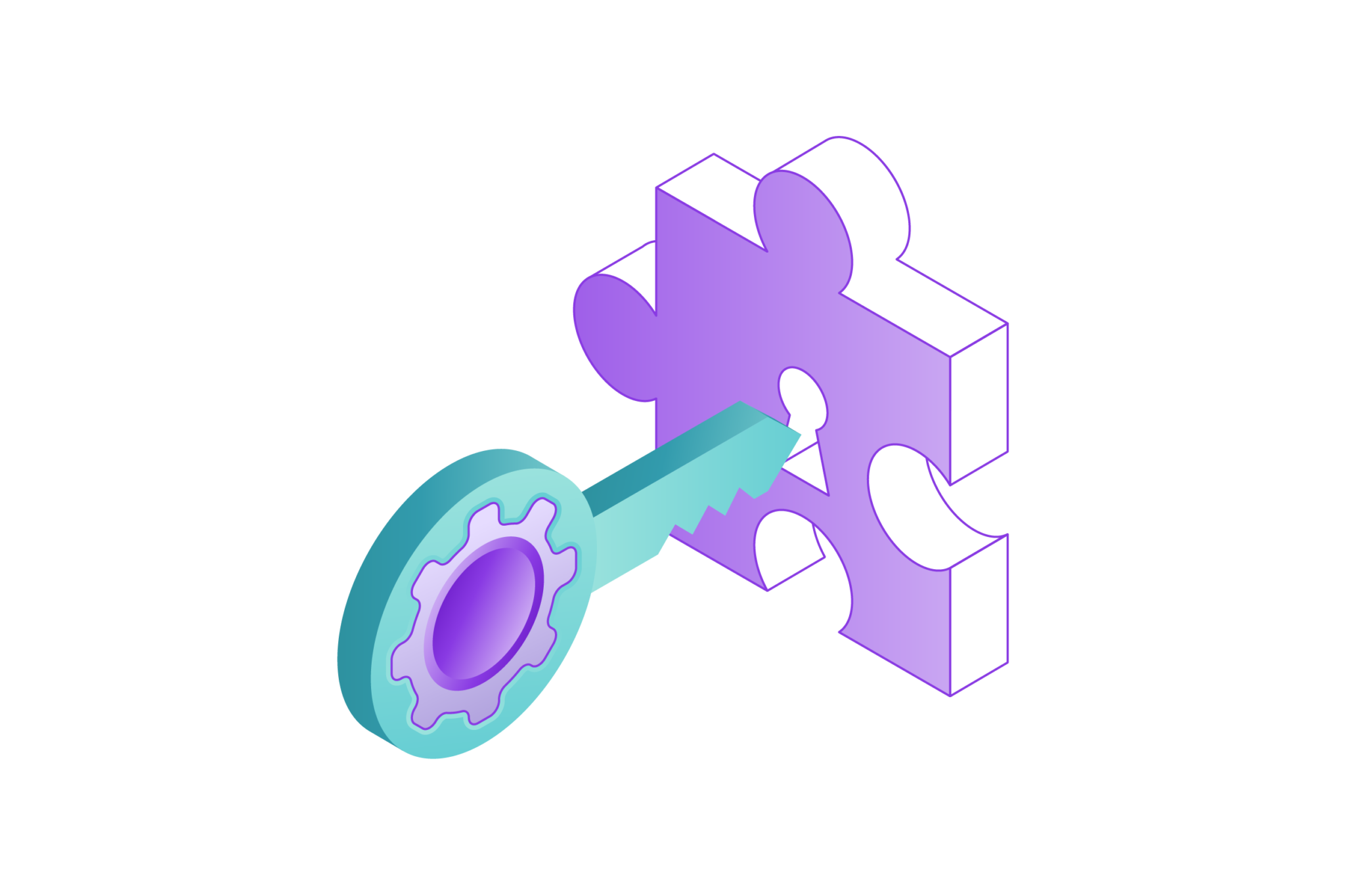
Quantitative developers, often referred to as quant developers, play a pivotal role in the finance industry. These professionals combine their expertise in computer science, mathematics, and finance to create sophisticated models that drive trading strategies, risk management, and financial decision-making. As the finance industry continues to evolve with technological advancements, the demand for skilled quant developers has surged, making this a highly sought-after career path.
Quant developers are the backbone of algorithmic trading and financial engineering. They develop the algorithms that financial institutions rely on to make data-driven decisions, optimize trading strategies, and manage financial risks. These developers are adept at translating complex mathematical models into practical software solutions, ensuring that financial systems are efficient, accurate, and robust.
In this article, we will delve into the world of quant developers, exploring their key skills and responsibilities. Whether you are considering a career as a quant developer or simply want to understand their role in the finance industry, this comprehensive guide will provide valuable insights.
What is a Quant Developer?

A Quantitative Developer, commonly known as a quant developer, is a specialized software engineer who focuses on developing algorithms and models used in financial trading, risk management, and financial analysis. These professionals are at the intersection of finance, mathematics, and computer science, leveraging their knowledge to create systems that facilitate complex financial operations.
Quant developers typically work in investment banks, hedge funds, asset management firms, and proprietary trading firms. Their primary role is to design and implement quantitative models that can predict market behaviors, optimize trading strategies, and manage financial risks. By using sophisticated mathematical models and computational techniques, they help institutions make informed, data-driven decisions.
Also Read: Market Making Bots : Get to Know Deeper
The daily tasks of a quant developer can vary significantly depending on the organization and the specific financial products they are working with. However, common responsibilities include developing trading algorithms, implementing risk management systems, and creating tools for financial analysis. Quant developers must ensure that these systems are not only accurate and efficient but also robust enough to handle real-time financial data and transactions.
Essential Skills for a Quant Developer

To excel as a quant developer, one must possess a diverse skill set that spans multiple disciplines, including mathematics, computer science, and finance. Here are some of the essential skills required:
1. Strong Mathematical Skills
Quant developers must have a solid foundation in advanced mathematics, particularly in areas such as calculus, linear algebra, probability, and statistics. These skills are crucial for developing and understanding the quantitative models that drive financial algorithms.
2. Proficiency in Programming
Expertise in programming languages is vital for quant developers. Commonly used languages include Python, C++, Java, and R. Python is favored for its versatility and extensive libraries, while C++ is known for its performance efficiency, which is crucial in high-frequency trading environments.
3. Knowledge of Financial Theories
A deep understanding of financial markets, instruments, and theories is essential. This includes knowledge of derivatives, portfolio management, risk assessment, and financial modeling. Familiarity with financial theories helps quant developers design models that accurately reflect market behaviors and financial principles.
4. Experience with Data Analysis
Quant developers must be adept at analyzing large datasets to extract meaningful insights. Skills in data mining, machine learning, and statistical analysis are important for developing predictive models and optimizing trading strategies.
5. Problem-Solving Abilities
The ability to solve complex problems efficiently is a key trait of successful quant developers. They must be able to approach challenges logically, break them down into manageable parts, and devise effective solutions.
6. Attention to Detail
Precision is critical in quantitative development. Small errors in code or mathematical models can lead to significant financial losses. Therefore, quant developers must pay meticulous attention to detail to ensure accuracy and reliability in their work.
7. Communication Skills
While technical expertise is paramount, quant developers also need strong communication skills to collaborate with other team members, including traders, financial analysts, and managers. They must be able to explain complex technical concepts in a clear and concise manner.
By mastering these skills, quant developers can create robust and efficient systems that meet the demanding requirements of the financial industry.
Key Responsibilities of a Quant Developer

Quant developers have a range of responsibilities that require a blend of technical expertise, financial knowledge, and analytical skills. Here are the key responsibilities typically associated with this role:
- Developing Trading Algorithms: One of the primary tasks of a quant developer is to design and implement trading algorithms. These algorithms are used to execute trades automatically based on predefined criteria and market conditions. The goal is to optimize trading strategies to achieve maximum profitability and minimal risk.
- Creating Financial Models: Quant developers build complex mathematical models to simulate various financial scenarios and predict market behaviors. These models are essential for pricing derivatives, assessing risks, and developing investment strategies.
- Implementing Risk Management Systems: Managing financial risk is a critical function in any financial institution. Quant developers create systems to monitor and mitigate risks associated with trading activities. These systems help ensure that potential losses are identified and managed proactively.
- Optimizing Performance: In high-frequency trading environments, the speed and efficiency of algorithms are paramount. Quant developers continually optimize the performance of their code to ensure that trading systems can process large volumes of data and execute trades swiftly and accurately.
- Backtesting and Simulation: Before deploying trading strategies, quant developers conduct extensive backtesting and simulation. This involves testing the algorithms against historical data to evaluate their performance and reliability. The goal is to identify any potential issues and refine the strategies before they are used in live trading.
- Maintaining and Updating Systems: Financial markets are dynamic, and trading strategies need to adapt to changing conditions. Quant developers are responsible for maintaining and updating their systems to ensure they remain effective and compliant with regulatory requirements.
- Collaborating with Financial Analysts and Traders: Effective communication and collaboration with other professionals in the finance industry are crucial. Quant developers work closely with traders, financial analysts, and risk managers to understand their needs and translate them into technical solutions.
- Research and Innovation: Staying ahead in the finance industry requires continuous research and innovation. Quant developers are often involved in researching new methodologies, exploring cutting-edge technologies, and experimenting with innovative approaches to improve trading strategies and risk management techniques.
By fulfilling these responsibilities, quant developers contribute significantly to the success and stability of financial institutions, ensuring that they can operate efficiently and profitably in competitive markets.
The Role of Quant Developers in Finance

Quant developers play a pivotal role in the finance industry, contributing to various critical aspects of financial operations and strategy. Here’s how they impact the sector:
1. Algorithmic Trading
One of the most prominent roles of quant developers is in algorithmic trading. They create algorithms that execute trades based on market data and predetermined criteria. This automation allows for faster and more efficient trading, reducing the time and effort required for manual trading and increasing the potential for profit.
2. Risk Management
Effective risk management is crucial for financial institutions. Quant developers design and implement risk management systems that identify, measure, and mitigate potential risks. These systems help institutions manage their exposure to market volatility and ensure that they are prepared for various financial scenarios.
3. Financial Engineering
Quant developers are often involved in financial engineering, which involves creating new financial products and strategies. This includes developing derivatives, structured products, and other complex instruments that can meet specific investment goals or risk management needs.
4. Market Analysis and Forecasting
By leveraging their skills in data analysis and mathematical modeling, quant developers contribute to market analysis and forecasting. They develop models that predict market trends, price movements, and economic indicators, providing valuable insights that inform investment decisions.
5. Improving Efficiency and Accuracy
The financial industry relies heavily on accurate and efficient data processing. Quant developers optimize financial systems to handle large volumes of data, ensuring that calculations are performed quickly and accurately. This efficiency is crucial for real-time trading and decision-making.
6. Regulatory Compliance
Quant developers also play a role in ensuring that financial institutions comply with regulatory requirements. They develop systems that monitor transactions and trading activities, flagging any suspicious behavior and ensuring adherence to industry regulations.
7. Enhancing Financial Strategies
By providing sophisticated tools and models, quant developers enable financial institutions to enhance their strategies. This includes optimizing asset allocation, developing hedging strategies, and improving portfolio management techniques.
8. Innovation and Competitive Advantage
The finance industry is highly competitive, and innovation is key to staying ahead. Quant developers drive innovation by researching new technologies, methodologies, and approaches. Their work helps institutions gain a competitive edge by developing unique strategies and solutions.
Quant developers are integral to the finance industry’s ability to innovate, manage risk, and operate efficiently. Their contributions are essential for the continued growth and stability of financial markets.
Also Read: All About Algorithmic Trading That You Should Know!
How to Become a Quant Developer
Becoming a quant developer requires a combination of education, technical skills, and practical experience. Here’s a step-by-step guide to help you embark on this career path:
Educational Background
- Bachelor’s Degree: Start with a bachelor’s degree in a relevant field such as computer science, mathematics, engineering, physics, or finance. These programs provide a solid foundation in the essential principles and theories needed for a career in quantitative development.
- Master’s Degree (Optional): While not always necessary, a master’s degree in financial engineering, quantitative finance, or a related field can enhance your knowledge and improve your job prospects. Advanced degrees often provide specialized training in the skills and techniques used in the industry.
Develop Strong Mathematical Skills
- Focus on courses that cover advanced mathematics, including calculus, linear algebra, probability, and statistics. A deep understanding of these areas is crucial for developing and implementing quantitative models.
Learn Programming Languages
- Gain proficiency in programming languages commonly used by quant developers, such as Python, C++, Java, and R. Python is particularly popular due to its versatility and extensive libraries tailored for data analysis and financial modeling.
- Practice coding regularly and work on projects that involve developing algorithms and analyzing large datasets.
Understand Financial Markets and Instruments:
- Study financial markets, instruments, and theories to gain a thorough understanding of how the finance industry operates. Knowledge of derivatives, fixed income, equities, and portfolio management is essential for designing effective quantitative models.
Gain Practical Experience:
- Internships: Seek internships at investment banks, hedge funds, asset management firms, or proprietary trading firms. Internships provide hands-on experience and exposure to real-world financial challenges.
- Projects: Work on personal or academic projects that involve developing trading algorithms, financial models, or risk management systems. These projects can serve as valuable portfolio pieces when applying for jobs.
Develop Data Analysis Skills:
- Learn how to analyze large datasets and extract meaningful insights. Skills in data mining, machine learning, and statistical analysis are increasingly important in the finance industry.
- Use tools and libraries such as NumPy, pandas, and scikit-learn to enhance your data analysis capabilities.
Stay Updated with Industry Trends:
- The finance industry is dynamic and constantly evolving. Stay informed about the latest trends, technologies, and methodologies by reading industry publications, attending conferences, and participating in online forums and communities.
Network and Build Connections:
- Networking is crucial in the finance industry. Attend industry events, join professional organizations, and connect with professionals on platforms like LinkedIn. Building a strong network can open doors to job opportunities and provide valuable insights into the industry.
Prepare for Interviews:
- Quant developer interviews often include technical assessments and problem-solving exercises. Practice coding challenges, review mathematical concepts, and prepare to discuss your projects and experience in detail.
By following these steps and continually honing your skills, you can position yourself for a successful career as a quant developer.
Conclusion
Quant developers are indispensable in today’s finance landscape, bridging the gap between technology and financial theory. Their work not only enhances the efficiency of financial markets but also drives innovation in trading and risk management strategies. As financial systems become increasingly complex, the need for proficient quant developers continues to grow.
Pursuing a career as a quant developer requires a blend of strong analytical skills, programming proficiency, and a deep understanding of financial concepts. For those willing to invest in acquiring these skills, the rewards can be substantial, both in terms of career opportunities and financial compensation.
In summary, quant developers play a crucial role in shaping the future of finance. Their expertise in developing sophisticated algorithms and financial models positions them at the forefront of financial innovation. By understanding their skills and responsibilities, we can better appreciate the vital contributions they make to the industry.
Disclaimer: The information provided by Quant Matter in this article is intended for general informational purposes and does not reflect the company’s opinion. It is not intended as investment advice or a recommendation. Readers are strongly advised to conduct their own thorough research and consult with a qualified financial advisor before making any financial decisions.

Joshua Soriano
As an author, I bring clarity to the complex intersections of technology and finance. My focus is on unraveling the complexities of using data science and machine learning in the cryptocurrency market, aiming to make the principles of quantitative trading understandable for everyone. Through my writing, I invite readers to explore how cutting-edge technology can be applied to make informed decisions in the fast-paced world of crypto trading, simplifying advanced concepts into engaging and accessible narratives.
- Joshua Soriano#molongui-disabled-link
- Joshua Soriano#molongui-disabled-link
- Joshua Soriano#molongui-disabled-link
- Joshua Soriano#molongui-disabled-link
